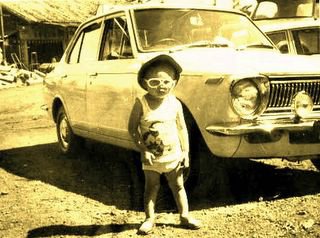
“I hope to become a househusband,” I often answer cheekily.
“No. I don’t think you can. You have a big male ego problem,” came her right-in-your-face reply.
Oh yeah, maybe she is right. I love my flying career very much. It will be tough for me to quit flying to take care of the kid and household chores at home. But my answer is not unreasonable.
My wife is always an entrepreneur at heart. She has always wanted to start her own spa business. Her passion lies in the face and body wellness industry. Her university degree in Business Administration does not satisfy her thirst for knowledge. She went on to pursue a diploma in Aromatherapy and a certificate in Chinese Traditional Massage.
When the opportunity came along that a spa was in need of a change of management, she, with the help of a partner, just took the plunge to take over the business. Of course, I gave her all my support.
We are fully aware of the risks involved in starting a business. If what Robert Kiyosaki said is correct, 95 per cent of the businesses fail within the first 5 years. And amongst that 5 per cent that succeeded, many would have failed many times before. So do we have what it takes to succeed?
My wife and I ask each other this question many times. To be honest, we don’t know the answer. We only know that we should keep doing what we are passionate about. Keep on improving on what we love to do everyday and success and wealth becomes the by-products that come along in an enjoyable life.
When we invited a good friend of ours to the opening of our spa, he asked me whether I quit flying to help out with the business too. I laughed and thanked him for the compliment. Not so soon, my friend. But I wish I could eventually. Then I could help by sending the kids to school, fetching her around and carrying her suitcases for her. In a private jet, maybe.
Please feel free to pop by our spa.










